Why Do I Feel Sick After Eating ?

Many have felt uneasy after eating, experiencing symptoms like bloating, nausea, or discomfort. While occasional issues might stem from overeating or eating too quickly, persistent discomfort could signal a more serious problem. If you frequently ask, “Why do I feel sick after eating?” it may be time to explore potential underlying conditions affecting your digestion.
Gluten Intolerance or Celiac Disease
If you experience stomach issues after eating foods that contain wheat, barley, or rye, gluten might be the cause. Gluten intolerance can lead to symptoms such as bloating, abdominal pain, diarrhea, and fatigue.
In more severe cases, known as celiac disease, the immune system attacks the small intestine upon gluten consumption. This can result in malabsorption and a range of long-term health problems if not addressed.
Reducing your gluten intake or consulting with a doctor for proper testing may help you determine if this protein is the source of your digestive discomfort.
The good news is that many supermarkets now offer an extensive range of gluten-free products, and there are alternatives, such as rice flour, allowing you to continue eating the foods you love.
Lactose Intolerance
Dairy products are a staple in many diets, but for some people, milk in their morning latte or cheese in their evening pasta can cause discomfort. Lactose intolerance occurs when the body doesn’t produce enough lactase, the enzyme needed to break down lactose, and the sugar in milk.
Lactose intolerance can lead to symptoms such as gas, bloating, cramps, and diarrhea, which typically appear 30 minutes to a couple of hours after consuming dairy.
To alleviate these symptoms, individuals can experiment with lactose-free products, take lactase supplements, or try dairy alternatives. Soy milk is a suitable alternative and can be used in some of your favorite foods.
GERD (Gastroesophageal Reflux Disease)
If you experience heartburn, acid reflux, or a sour taste in your mouth after meals, you may be suffering from GERD. This condition occurs when stomach acid frequently flows back into your esophagus, irritating its lining.
The triggers can vary from person to person, but they often include fatty or spicy foods, caffeine, and late-night meals. If left untreated, GERD can lead to more serious complications over time.
To alleviate symptoms, consider adjusting your eating habits by having smaller, more frequent meals, avoiding eating close to bedtime, and trying menus free from common triggers. Your doctor may recommend medications or further testing if lifestyle changes do not provide relief.
IBS (Irritable Bowel Syndrome)
Irritable bowel syndrome (IBS) is a functional gastrointestinal disorder that presents a combination of symptoms, including abdominal pain, bloating, diarrhea, constipation, or both diarrhea and constipation. The exact cause of IBS is not fully understood, but common triggers include stress, certain foods—especially those high in FODMAPs—and underlying sensitivities in the gut.
If you notice a recurring pattern, such as feeling unwell after specific meals or at certain times, tracking your diet and symptoms may be beneficial. Discussing these observations with a healthcare professional can provide insight.
Personalized dietary adjustments, probiotics, stress management techniques, and medications may all help alleviate symptoms and provide relief.
Taking Control of Your Digestive Health
The good news is that, regardless of the cause, there are steps you can take to improve your relationship with food. Sometimes, something as simple as eating slowly, practicing mindful portion control, or keeping a food and symptom journal can provide valuable insights.
Formal testing, dietary changes, or medical treatment may be necessary in other cases.
Either way, understanding the reasons behind your discomfort is the first and most important step to feeling better after every meal.

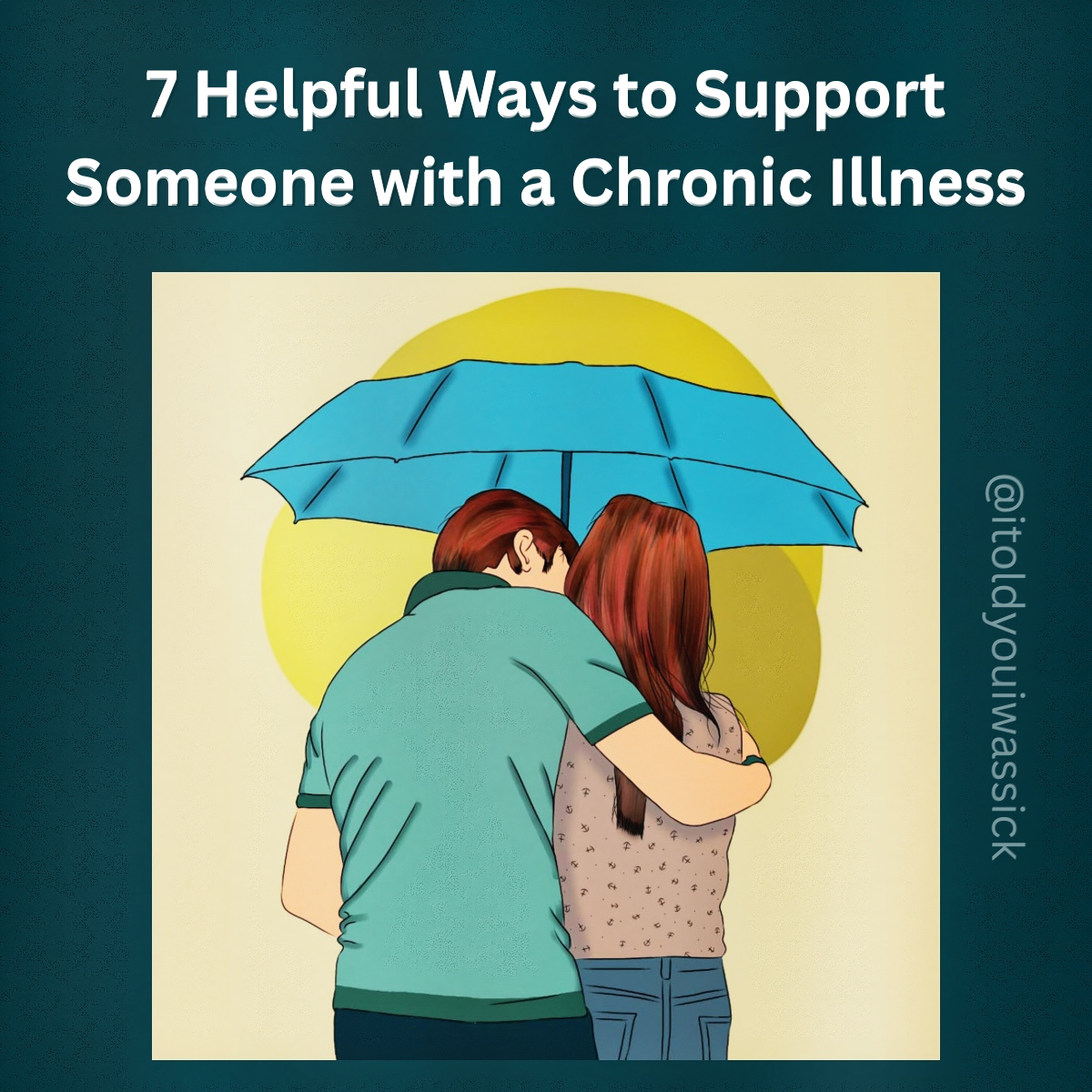
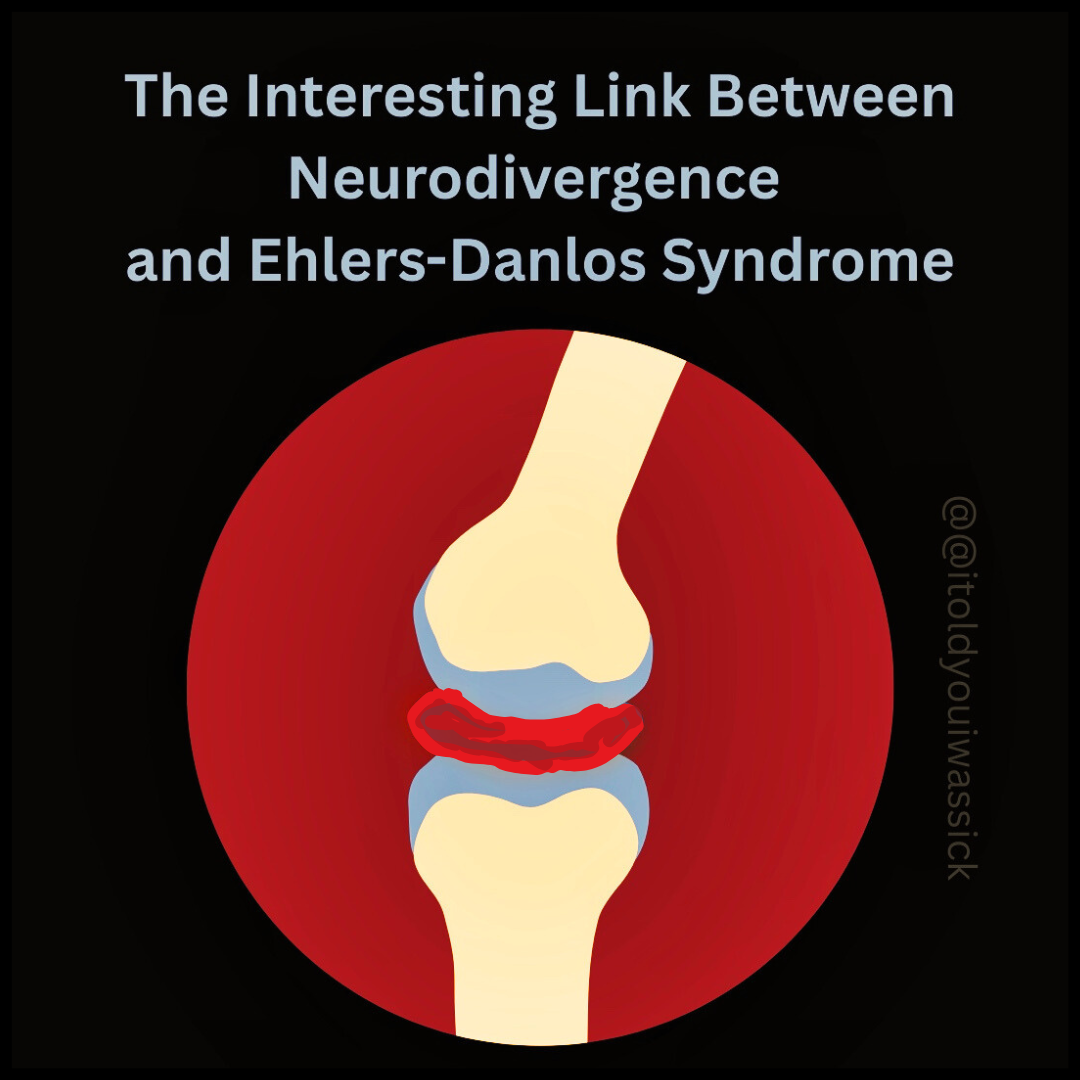

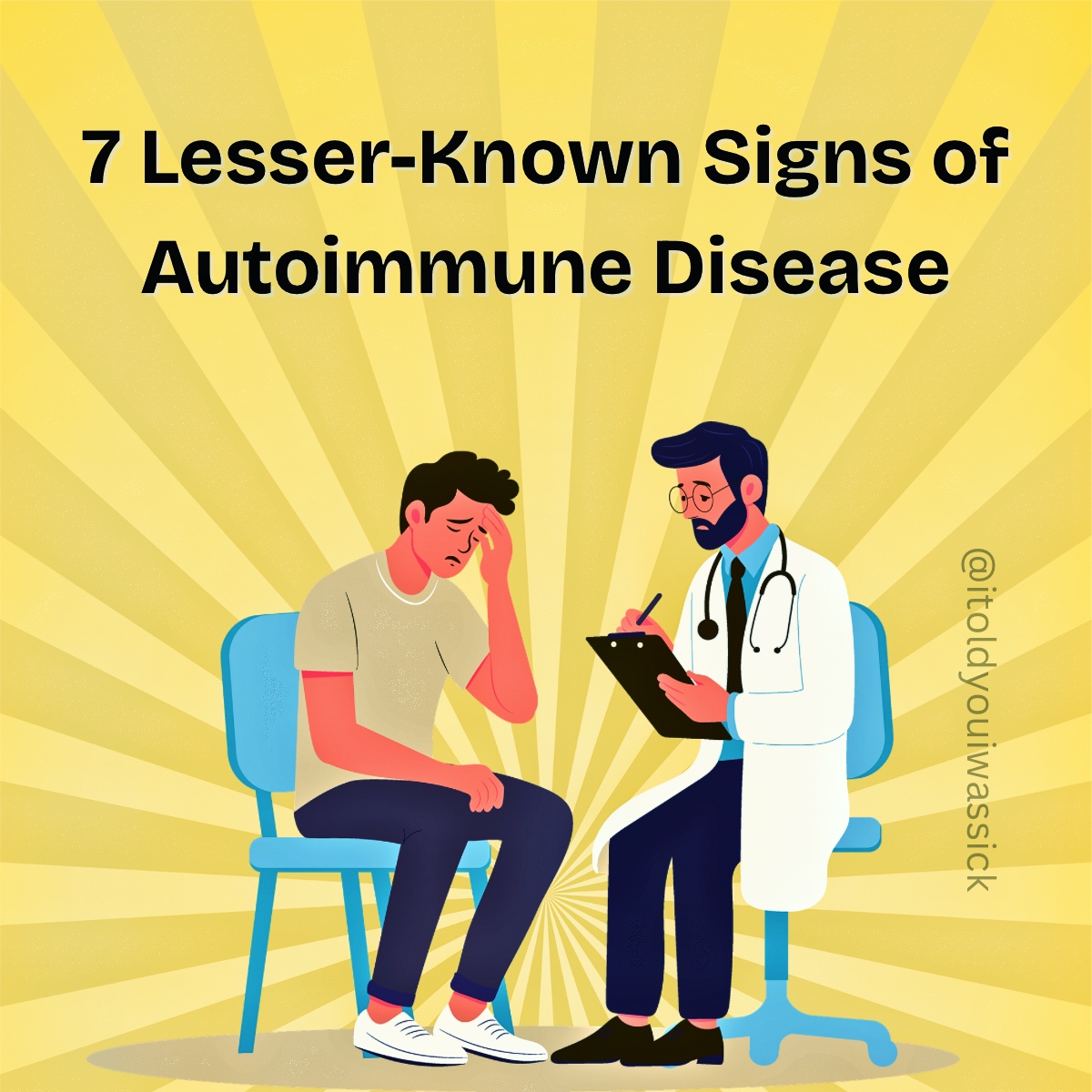
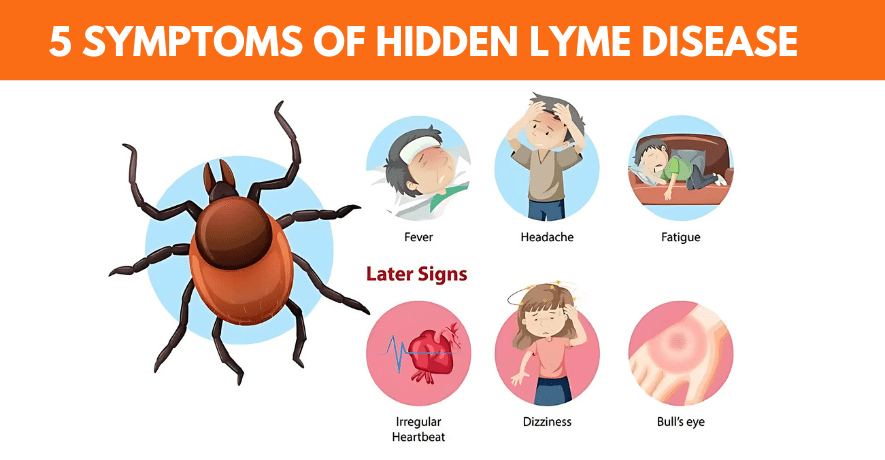

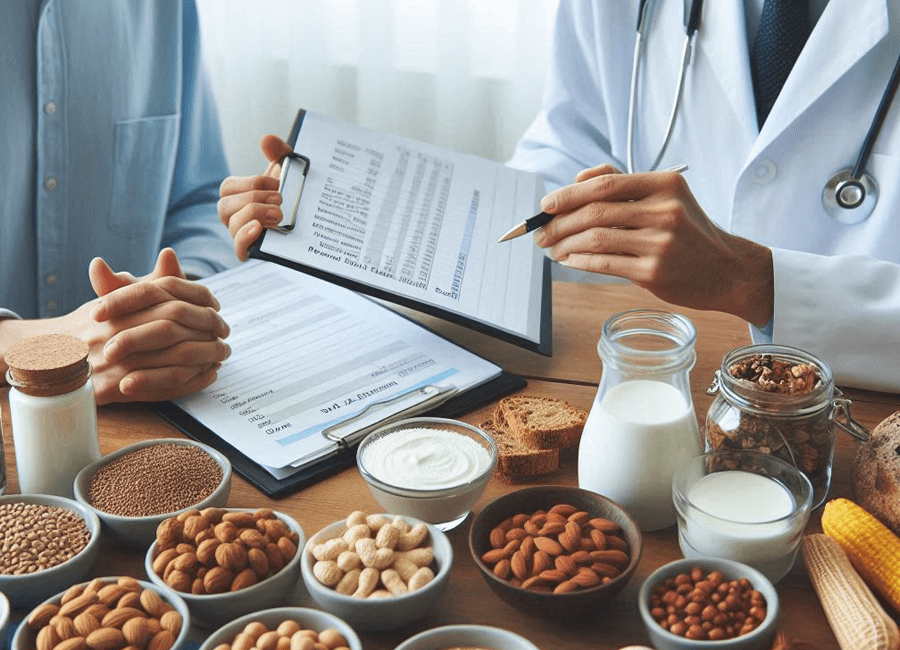

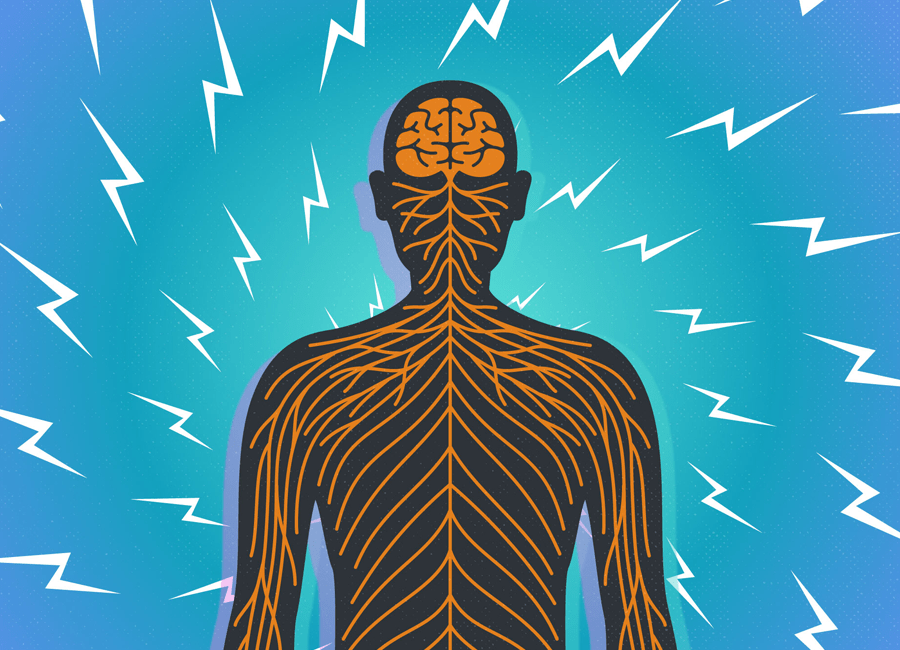
1 Comment
[…] When that sensory imbalance intersects with an EDS-related symptom – let’s say, the digestive dysfunction of swallowing difficulties – the effects compound. A body already struggling with mechanics […]